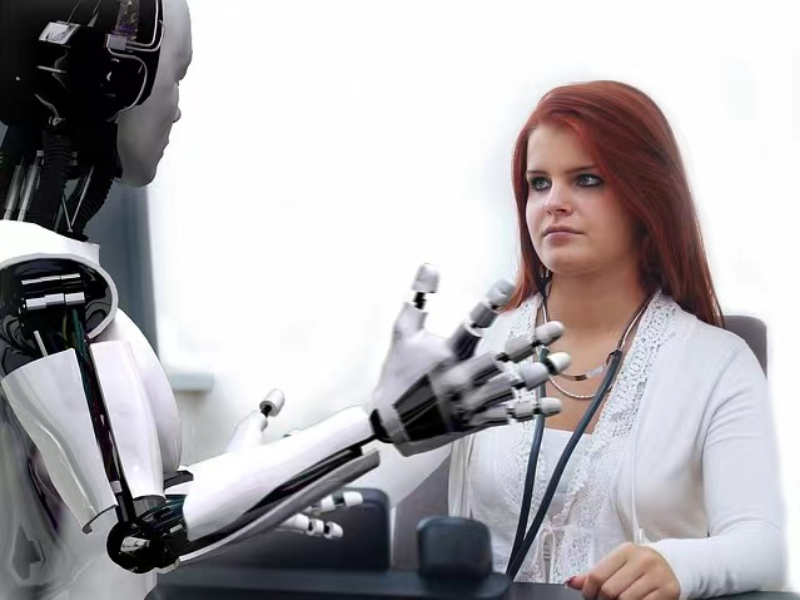- DataRobot is a game-changer in the field of machine learning and AI, offering a robust platform that automates and simplifies the entire ML lifecycle.
- Its ability to democratise access to AI, combined with features like explainable AI and scalability, makes it an invaluable tool for organisations across various industries.
In the rapidly evolving world of artificial intelligence (AI) and machine learning (ML), DataRobot stands out as a powerful tool that simplifies the process of building, deploying, and managing ML models. As AI continues to evolve, platforms like DataRobot will play a pivotal role in enabling businesses to harness the full potential of ML, driving innovation and achieving competitive advantages.
What is DataRobot?
DataRobot is an enterprise AI platform designed to automate the end-to-end process of building, deploying, and maintaining ML models. It offers a comprehensive suite of tools that enable users, ranging from data scientists to business analysts, to develop predictive models with minimal coding. By automating complex ML tasks, DataRobot democratises access to AI, allowing organisations to harness the power of ML without needing extensive technical expertise.
Also read: ‘Luobo Kuaipao’: Fear and excitement as China embraces robotaxis
Apart from this, DataRobot integrates with various data sources, including databases, cloud storage, and data lakes, allowing users to easily import and export data. It also supports collaboration, enabling teams to work together on projects and share insights through a unified platform.
5 fields where DataRobot is applied
1. Finance: DataRobot can be used in predicting stock market trends. By feeding historical market data into the platform, the analyst can generate models that forecast future stock prices. This enables investors to make informed decisions, optimise their portfolios, and potentially maximise returns. Additionally, DataRobot can detect unusual trading patterns, flagging potential market manipulation or insider trading activities.
2. Healthcare: DataRobot can be used to develop personalised treatment plans for patients. By analysing vast amounts of patient data, including medical history, genetic information, and lifestyle factors, the platform can recommend tailored treatment plans that optimise patient outcomes. For example, a doctor can use DataRobot to predict which cancer treatment will be most effective for a particular patient, significantly improving their chances of recovery.
Also read: Who is Deepak Pathak? Co-founder & CEO at Skild AI, transforming robotics and AI
3. Retail: Retailers can use DataRobot to implement dynamic pricing strategies. By analysing sales data, customer behaviour, and market trends, the platform can predict the optimal price for products in real time. This ensures that prices are adjusted to maximise sales and profits while remaining competitive.
4. Manufacturing: In manufacturing, DataRobot can enhance quality control by predicting defects in the production process. By analysing data from sensors and machinery, the platform can identify patterns that indicate potential quality issues. This allows manufacturers to address problems before they result in defective products.
5. Entertainment: Streaming services can leverage DataRobot to personalise content recommendations for users. By analysing viewing habits, preferences, and demographic data, the platform can predict what movies or TV shows a user is likely to enjoy. This enhances the user experience and keeps viewers engaged. For instance, a streaming platform like Netflix can use DataRobot to suggest personalised content, leading to higher viewer retention and satisfaction.

